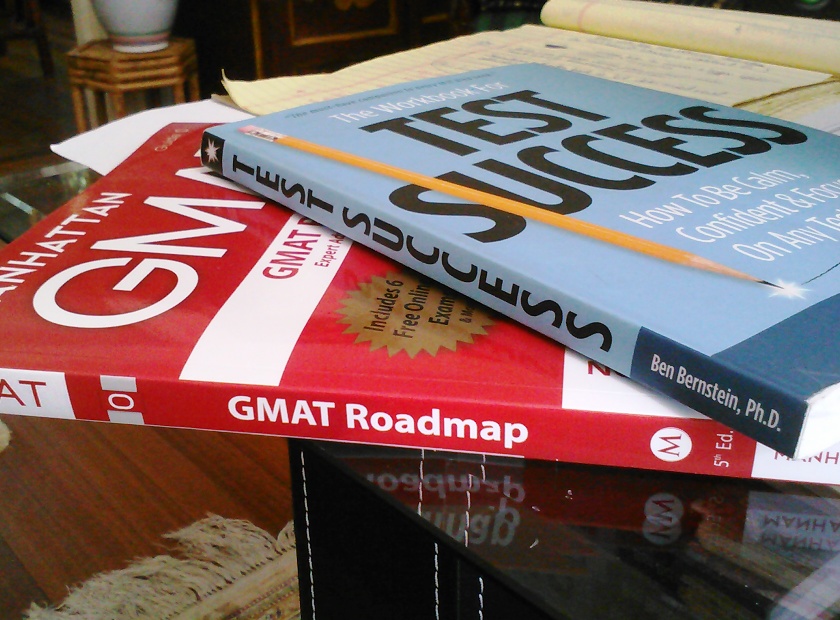What Admissions Officers Tell Us
The admissions process to business school is getting increasingly transparent. As a result, more students are focused on applying to the right school, rather than a scatter-shot of programs in the top rankings.
That’s a good thing – for you, the applicant, and for the school, that wants to attract a student that will be happy and thrive in its environment. Last week I had the privilege of learning this first-hand from admissions professionals from about 15 business schools, including MIT Sloan and Harvard Business School, our hosts.
The Real You
One thing all admissions officers agreed upon was authenticity. They wanted to see candidates who presented their authentic selves –not someone that can be found in a book of sample essays. The top programs look for work success, or as Rod Garcia from MIT’s Sloan School said, “Not work experience, but success, and where you are relative to your peer group.” Additionally, admissions officers were key in on emotional intelligence, particularly self-awareness. (I’ve blogged on emotional intelligence and admissions in the past; here’s a link to a post regarding Daniel Goleman’s five components of EQ.)
Emotional intelligence shows up everywhere – in every interaction with the school; admissions officers use your interactions all along the process as a proxy for how you will act at school, and in the real world with employers. This is all consistent with the 85 Broads Jam Session: 10 Tips to Make Your Application Rock.
A Worldly View
Many of the admissions officers were looking for students that can adapt to multicultural organizations – that goes beyond coming from a country different from the MBA program’s location. Peter Johnson of Berkeley’s Haas program told us that recruiters are looking for adaptability, and someone who “has the ability to move beyond what they already know.”
Admissions officers from INSEAD, Columbia, and Harvard Business School all referred to a global outlook.
And here’s an easy tip: every one of the admissions officers agreed that one-page resume trumped a two-pager. “Less is more,” they said.
The Sloan School
MIT Sloan impressed us with a wonderful description of all their programs – not just the MBA program, but a new executive MBA program, the Master in Finance Program, and the Leaders for Global Operations program, a Global Operations MBA & Masters in Engineering joint degree. We were lucky enough to see two faculty presentations, both of which underscored that MIT Sloan believes in “action-based learning.” I became a huge fan of Professor Steven Eppinger’sProduct Design and Development Course – oh how I wish I could go back and do my MBA all over again!
Harvard Business School
The final day was at my alma mater, Harvard Business School. I was surprised and delighted to see that facilities don’t seem to have changed since I was last there, but have just gotten better and better. In Aldrich Hall, where first-year classes are held, HBS director of admissions Dee Leopold told us why the school is different – largely due to the case study method, where students “build muscles around judgment.” I was delighted by her reference to the Wizard of Oz in terms of a successful applicant’s qualities: HBS is looking for students with a combination of “brains, heart, and courage.” Dee also talked about different leadership styles (I’ve seen her talk about this in her presentations to prospective HBS applicants), and the rigor of the program. “It’s hard,” she said. You won’t get an argument from me on that one.
So keep doing your research on the programs. Ask yourself the hard questions: do I want to go to business school? Is it right for me? Is this program right for me or something that will impress my employer (Or my parents? Or my ex?). Think like a Harvard MBA student, where, as they say, self-examination is a varsity sport.
And what you learn from this process is yours to keep.





